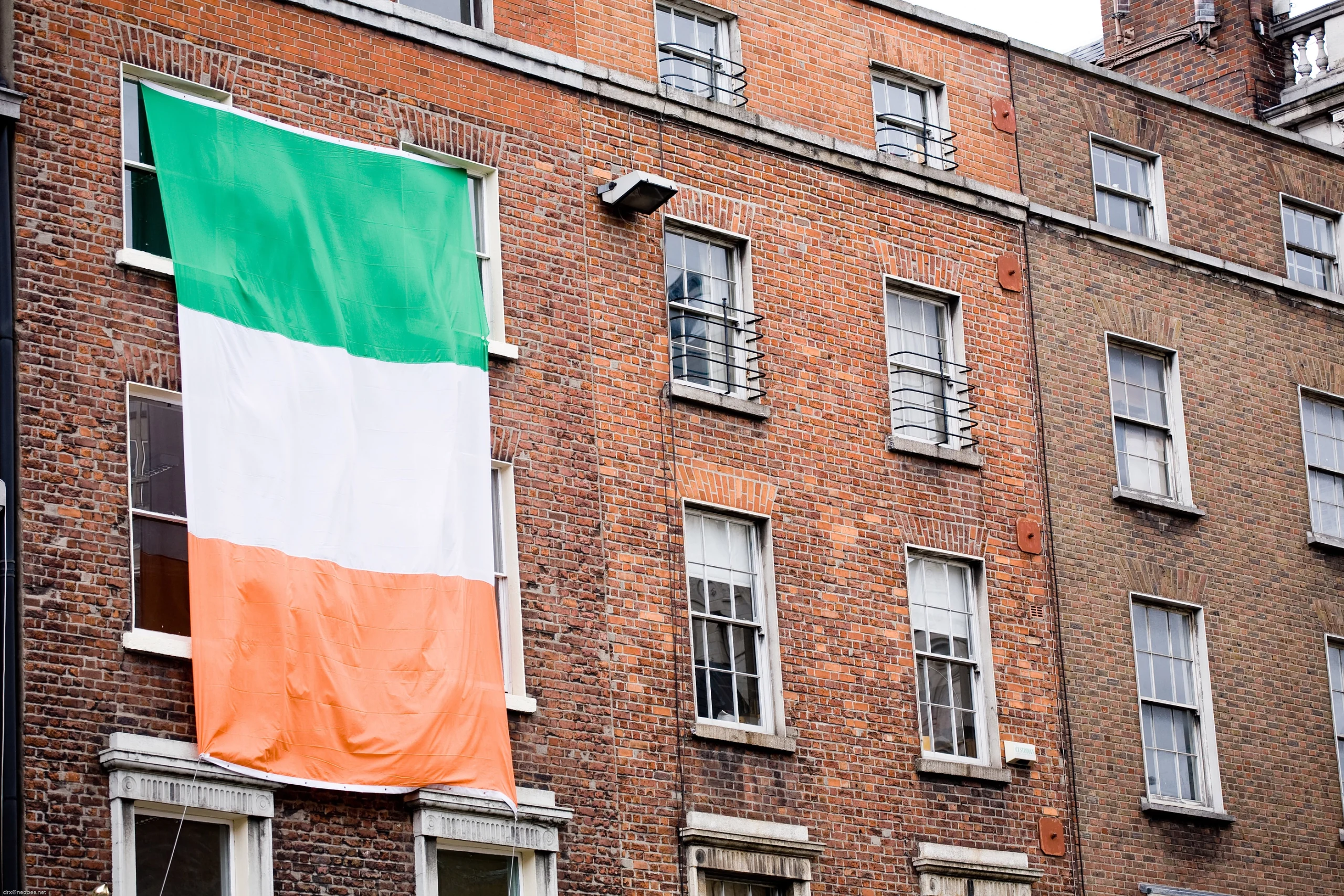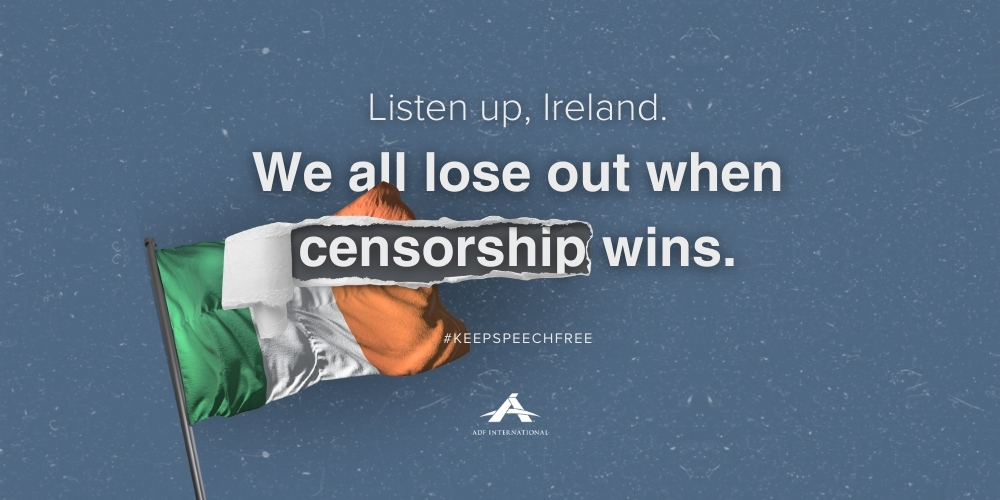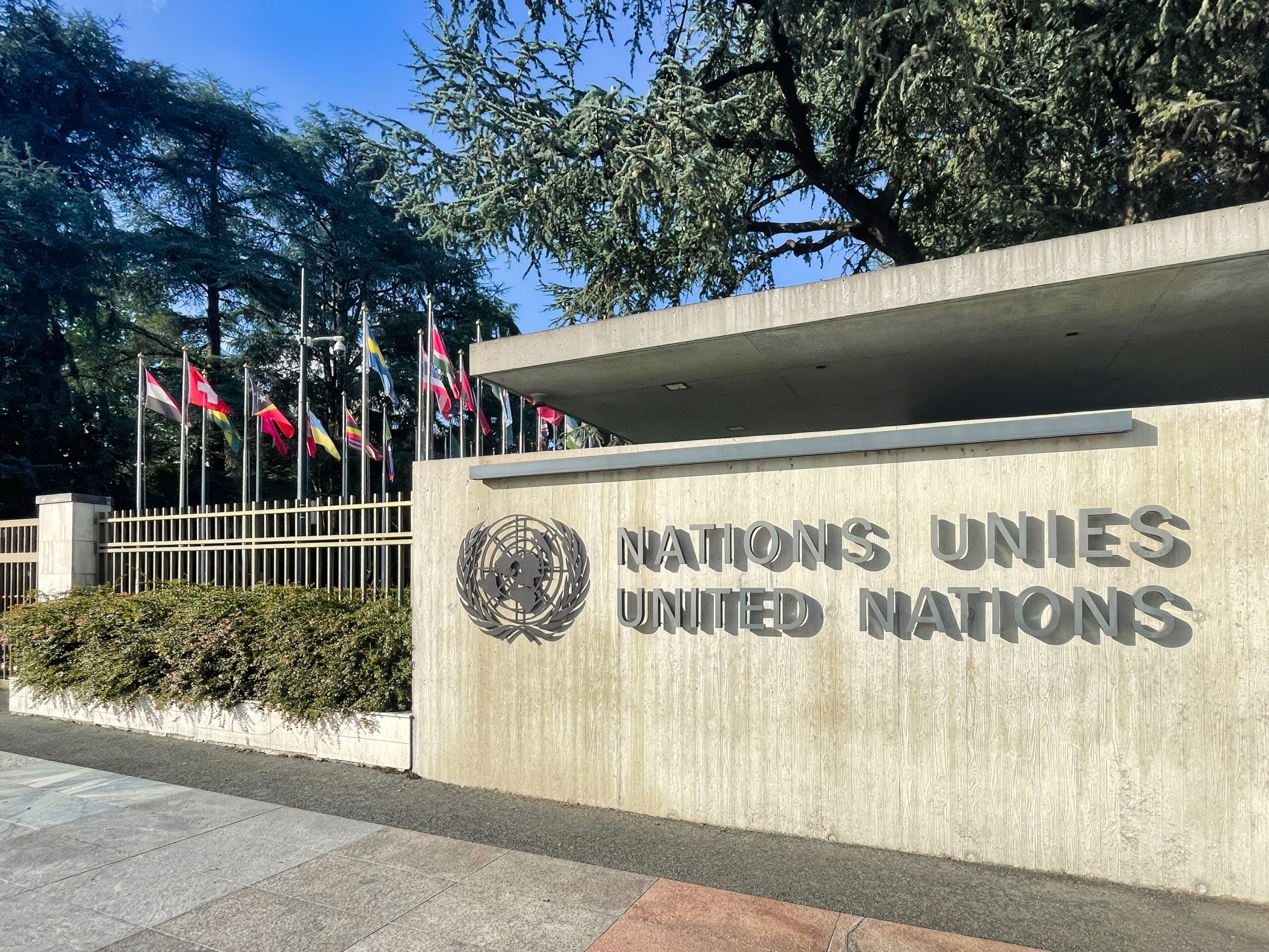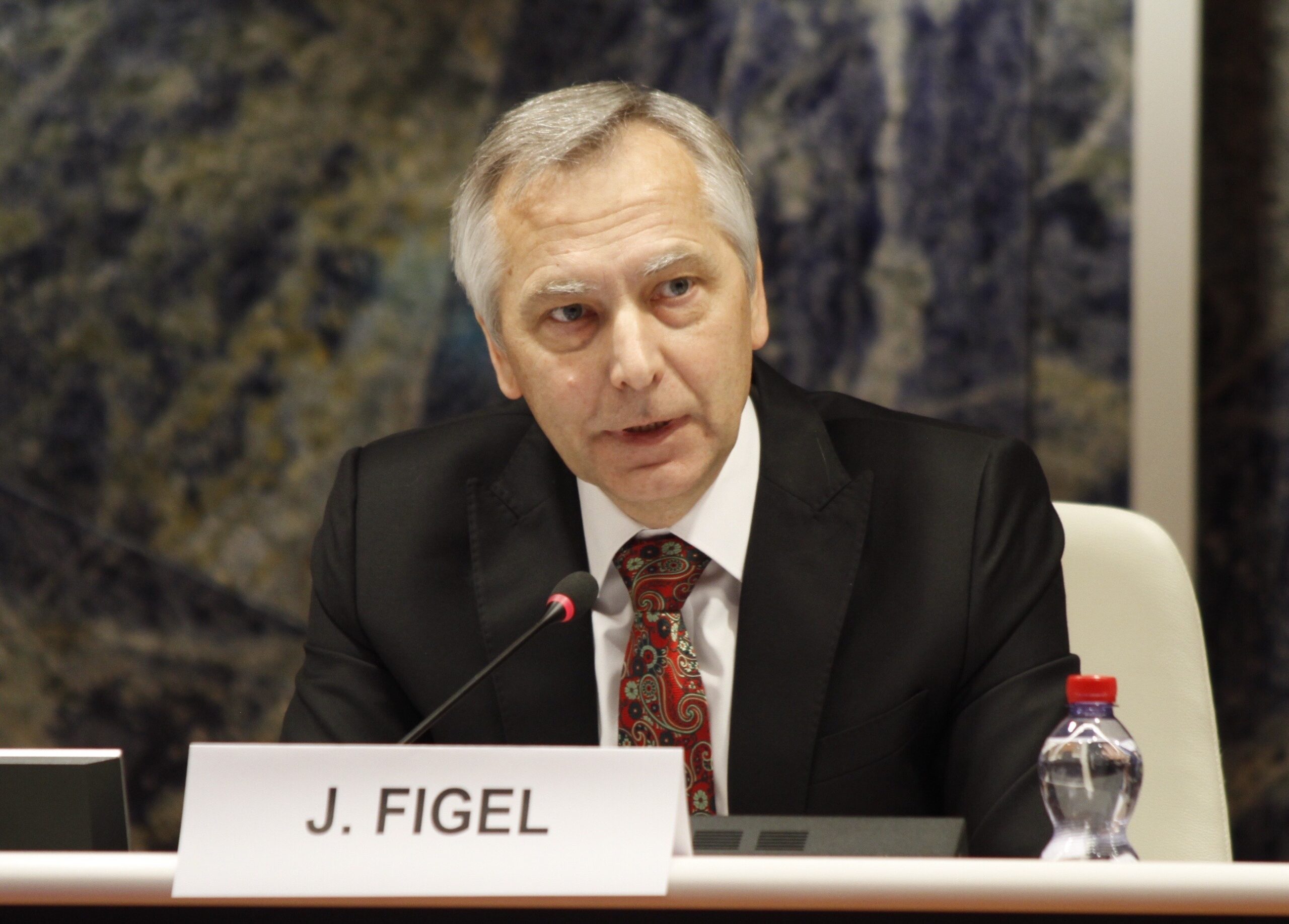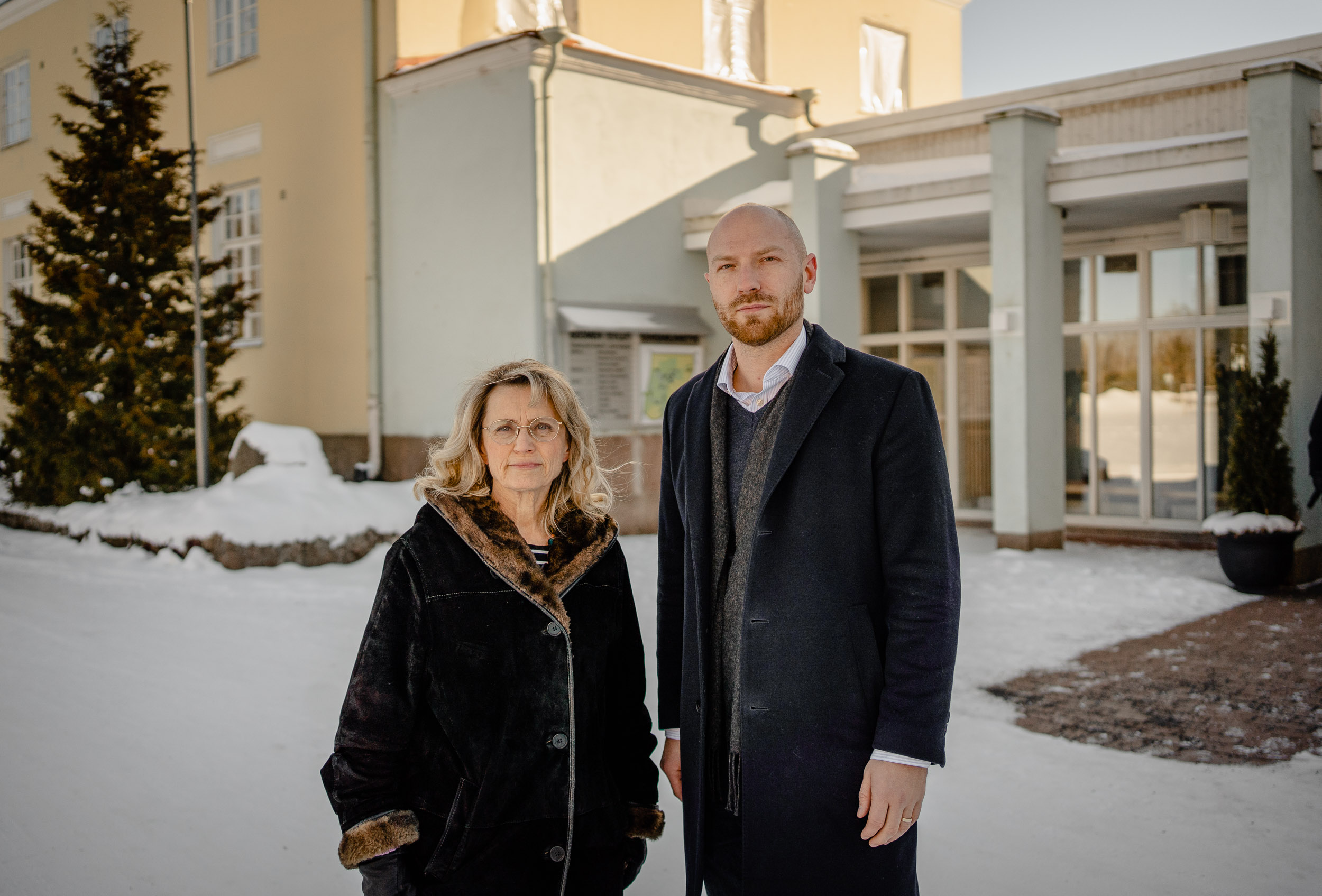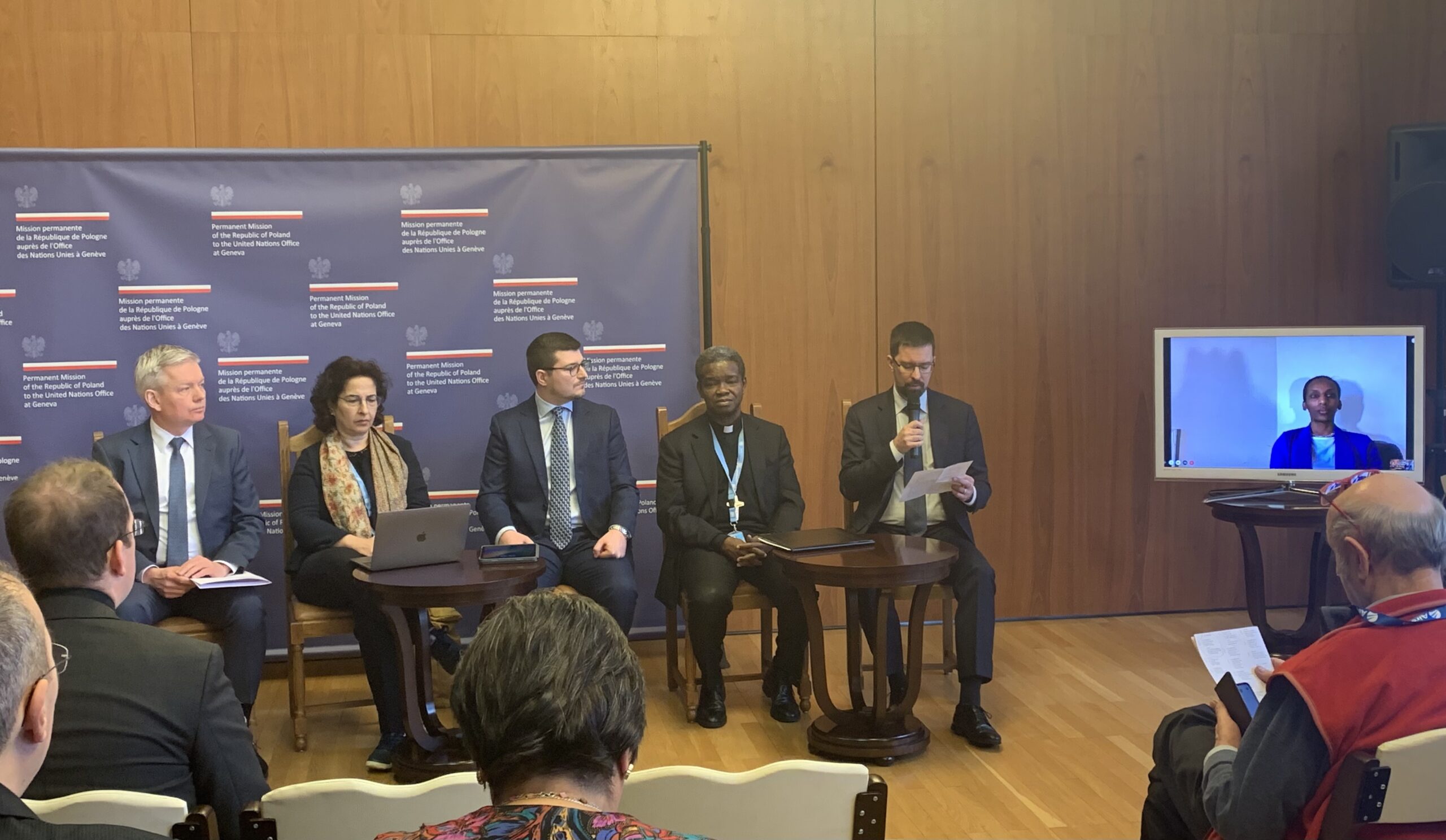Politie legt de NatCon-conferentie in Brussel stil
Zo ziet cancelcultuur eruit in de praktijk
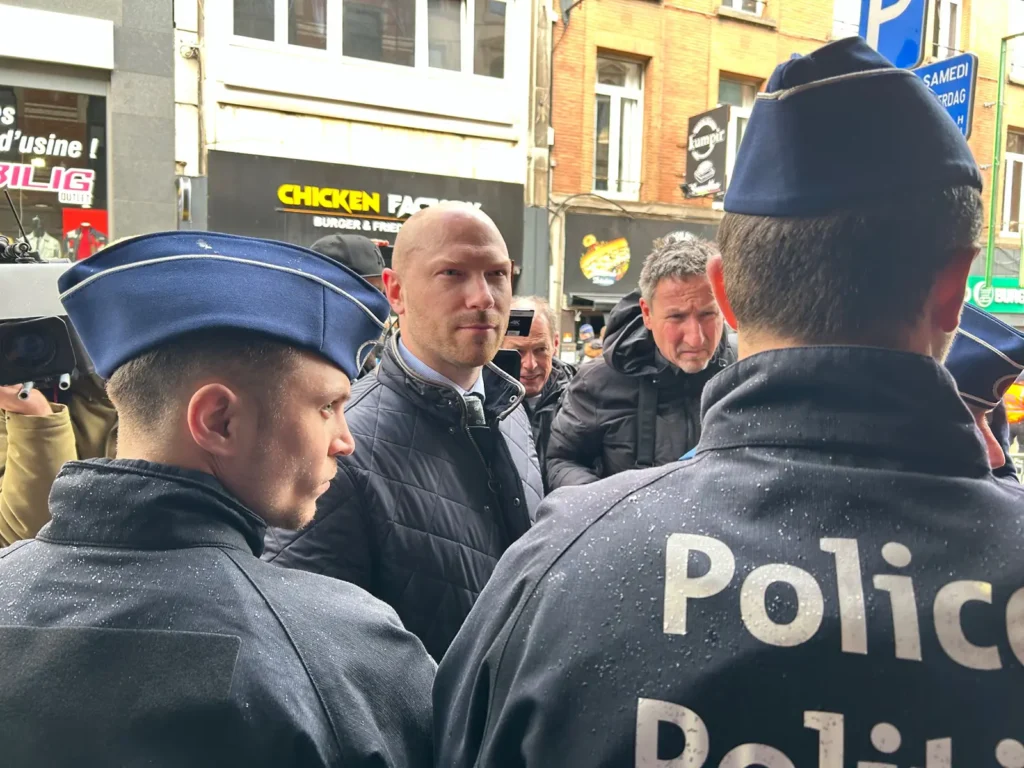
Ik ben op dit moment in Brussel, waar ik mag spreken op de National Conservatism Conference (beter gekend als NatCon).
Maar dat spreken dreigde – net als de rest van de conferentie – helemaal in het water te vallen. De burgemeester van de Brusselse gemeente waar de NatCon doorging had immers aan de politie gevraagd om het evenement stil te leggen.
Nu moet u weten dat de organisatoren van de NatCon eigenlijk al aan plan C zaten : een eerste locatie had onder druk van de autoriteiten namelijk beslist om de boeking van de conferentiezaal te annuleren, en met een tweede locatie gebeurde net hetzelfde. Gisteren, op de derde locatie, werd het evenement dan op bevel van de burgemeester verstoord door de politie, terwijl zelfs de verhuurder van de zaal niet begreep waarom.
De conferentie was al bezig toen de politie aankwam en de toegang barricadeerde. Niemand mocht er nog in – zelfs niet de sprekers.
Zo gaat cancelcultuur dus in de praktijk
Volgens de burgemeester moest de NatCon-conferentie worden stilgelegd omdat “de visie niet alleen ethisch conservatief is (b.v. vijandigheid jegens het legaliseren van abortus, relaties tussen mensen van hetzelfde geslacht, enz.), maar ook focust op de verdediging van ‘nationale soevereiniteit’, wat onder andere een ‘eurosceptische houding’ impliceert…”
Op het politiebevel stond dan weer te lezen dat de conferentie moest worden verboden “om te voorkomen dat de openbare orde en vrede zouden worden geschaad”.
De burgemeester die het verbod uitsprak vond het niet kunnen dat de NatCon werd bijgewoond door personen uit “rechts-conservatieve en religieuze kringen”. Daar ben ik er dan wellicht één van : mijn bijdrage ging immers over de crisis van het geloof en het gezin in Europa.
Gelukkig zaten onze juristen al in de conferentiezaal, en konden zij de organisatoren bijstaan met waardevol juridisch advies.
Dankzij uw steun kon ADF International ter plaatse onmiddellijk het nodige doen om het politiebevel van de burgemeester aan te vechten voor de Raad van State, de hoogste administratieve rechtbank van België. Het stilleggen van de conferentie is immers een inbreuk op de vrijheid van meningsuiting én van vergadering, twee basisvrijheden die de hoeksteen vormen van elke vrije samenleving.
De Raad van State behandelde de zaak in een spoedzitting en oordeelde uiteindelijk, bij arrest uitgesproken midden in de nacht, dat de conferentie alsnog mocht doorgaan.
Een welkome uitspraak ter bescherming van de vrijheid van meningsuiting, en een klinkklare overwinning voor twee van de belangrijkste mensenrechten.
We bevinden ons evenwel op een keerpunt. Want dit alles had niet mogen gebeuren. Recht en gezond verstand hebben vandaag gezegevierd, maar de evenementen van gisteren maken duidelijk hoe hard de democratie in Europa onder druk staat. Zij laten zien hoe de censuur in Europa in alle stilte om zich heen grijpt.
De politiek in Europa hoort te leven van de open dialoog tussen mensen die een verschillende mening zijn toegedaan. En toch hield een burgemeester in de hoofdstad van de Europese Unie op eigen houtje een vreedzame gedachtewisseling tegen.
Censuur door de overheid is een praktijk die ons terugbrengt naar de donkerste dagen vaan de Europese geschiedenis. Het is toch onvoorstelbaar dat een verkozen politicus de politie zomaar kan bevelen de toegang tot een conferentie te verbieden, zogezegd “om de democratie te beschermen” ?
De verhalen van onze cliënten in Europa en elders in de wereld zijn veelzeggend : telkens weer gebruiken machthebbers de politie om “storende” stemmen het zwijgen op te leggen. En als daar een proces op volgt, dan wordt dat op zich al een straf.
De vrijheid van meningsuiting staat op de helling, censuurpraktijken verspreiden zich razendsnel. Mogen wij rekenen op uw financiële steun voor onze strijd voor vrije meningsuiting en tegen de cancelcultuur ? Me uw steun trekken onze teams ten strijde tegen censuur, waar en wanneer dat nodig is.



